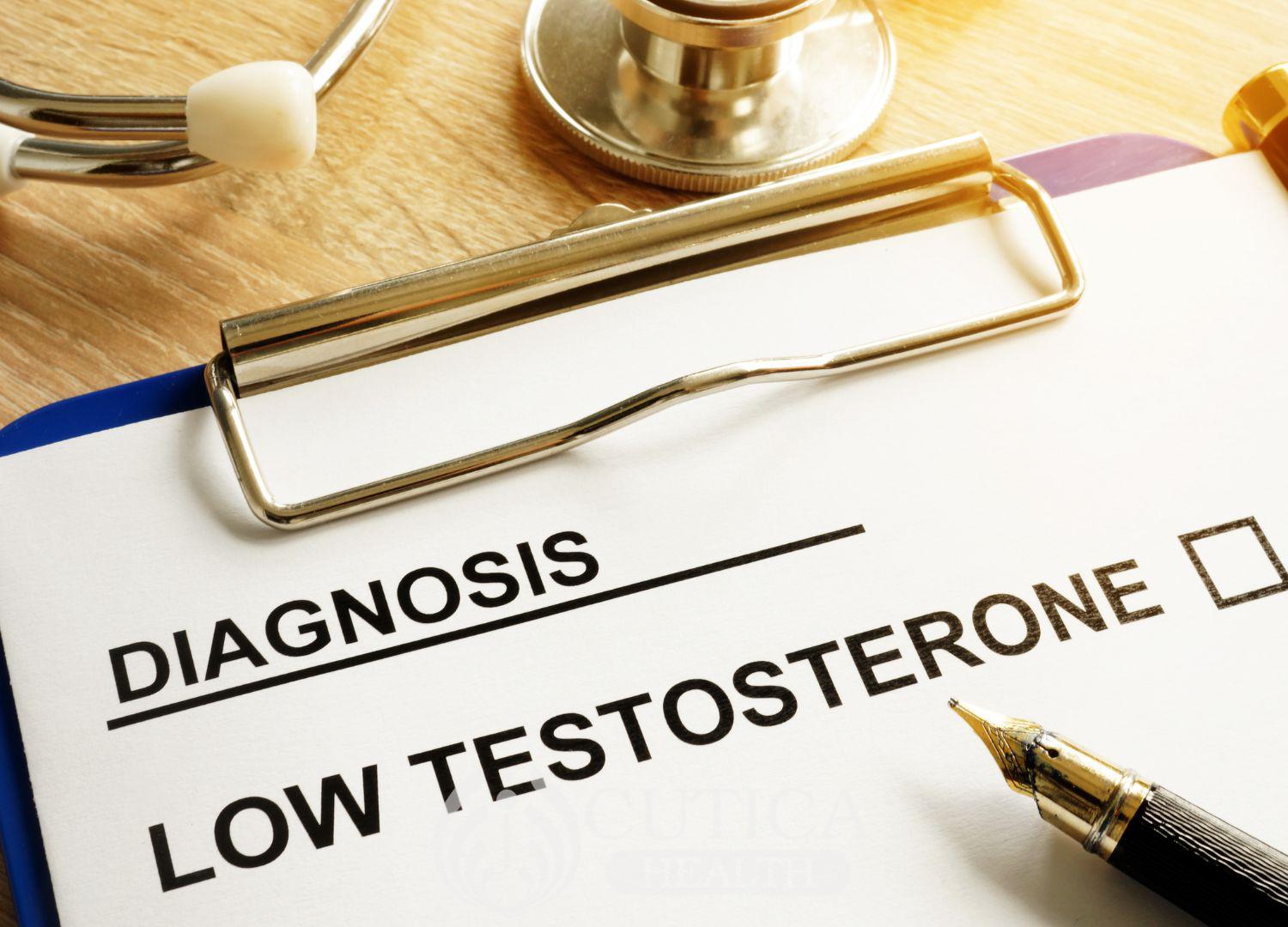
Infertility is a common concern for many couples, affecting as many as 13 percent of couples. Infertility is defined as the inability of a couple to conceive within 12 months of regular, unprotected sexual intercourse. In many cases of infertility, the man may have certain biological problems precluding fertilization and conception, and low sperm count is one of the most common.
When a man ejaculates during sexual intercourse, a stream of fluid called semen rushes through the penis into the woman’s body. This fluid, also called the ejaculate, contains millions of sperm cells that swim in the fluid to reach the fallopian tube, where an egg is deposited after a woman’s ovulation. The fusion of one sperm cell with the egg – a process called fertilization – forms an embryo that grows into a baby.
However, there is a certain amount of sperm cells below which fertilization may not occur. Normal sperm count ranges from 15 million sperms per milliliter to 200 million sperms per milliliter. A sperm volume less than 15 million sperms per milliliter is described as low sperm count.
What Causes Low Sperm Count?
Low sperm count can result from dysfunction in any step of the process from production of sperms cells in the testicles to their transit to the exterior through a system of tubes in the male reproductive system. These causes include:
Varicocele: [MT1] A varicocele is a swelling of the veins that drain the testicles. These veins lie around the testicles within the scrotum. Scientists say that the heat from the engorged veins reduces the capacity of the testicle to produce sperm cells. Sperm production is optimal at a low body temperature – a reason why nature placed the testicles “outside” the body.
Sexually-transmitted Infections: Sexually-transmitted infections such as gonorrhea and chlamydia interfere with sperm production in two ways. The bacteria may cause damage to the testicles, where sperms cells are produced, or scar and block the tubes through which the sperm cells move to reach the exterior. Some infections may cause permanent testicular damage.
Medications: Some drugs disrupt sperm production in the testicles. Some of these include cancer medications, long-term steroid use, certain antibiotics, certain ulcer medications such as cimetidine, and testosterone replacement treatment. These drugs either reduce sperm production by causing damage to the testicle or by disrupting hormonal signals that stimulate sperm production.
Previous Surgeries: Surgeries involving the genital organs, such as inguinal hernia repairs, vasectomy, scrotal surgeries, prostate surgeries, or abdominal surgeries that affect the pelvic organs may impair production of sperm cells later on in life.
Environmental Causes: Exposure to industrial chemicals such as toluene, xylene, painting materials, and benzenes can cause irreversible damage to the testicles. In addition, excessive exposure to radiation damages the testicles and destroys sperm cells.

Lifestyle Habits: Smoking, heavy alcohol consumption, and substance abuse have been associated with low sperm count. These substances cause the testicle to shrink and reduce its capacity to produce sperms.
Treatment of Low Sperm Count
Treatment for low sperm count depends on what’s causing it. After having determined that a man has low sperm count from a seminal fluid analysis (SFA) – which assesses the number and health of sperm cells in a man’s ejaculate. A specialist doctor may recommend other investigations to identify possible causes of low sperm count.
These investigations include scrotal ultrasound scan, hormone testing, urinalysis, testicular biopsy, and specialized sperm function tests.
- Surgery: If you have varicocele or blocked tubes, surgery could be done to repair them. If low sperm count is also caused by tumors, for instance, a surgical removal of the tumor may be necessary.
- Antibiotics: Antibiotics will suffice if a sexually-transmitted infection is responsible for low sperm count. In this situation, your partner may also be treated with the same antibiotics to prevent a re-infection.
- Assisted Reproductive Technology: These treatments involve extracting sperms obtained through normal ejaculation or surgical extraction. The sperms are then introduced into the female genital tract or used for in-vitro fertilization.
Once the cause has been identified, then treatment can commence. If it is caused by an offending drug or lifestyle habit, stopping those medications or habits may restore the sperm count to normal. Possible treatment options include:
Conclusion

Infertility is a common problem a lot of couples face, and contrary to traditional African opinion, the problem could be from the man’s side. Low sperm count is a common cause of infertility and is caused by several factors, ranging from biological to lifestyle causes. Thankfully, it is largely curable, and the earlier it is found out, the more likely it can be dealt with.












